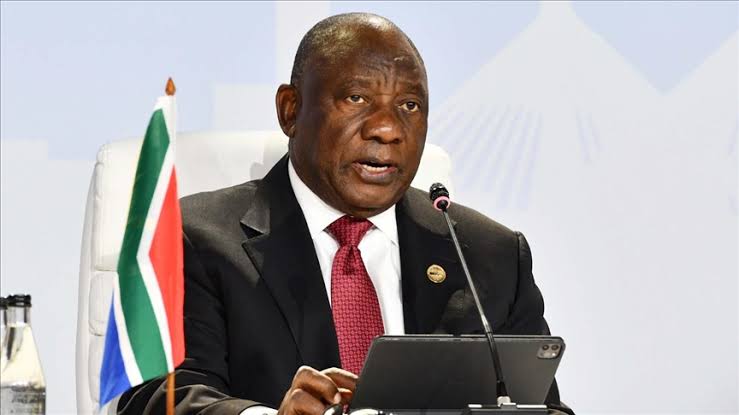
Faith Nyasuguta
In October 2023, Nigeria faced its 10th consecutive month of surging inflation, reaching an alarming rate of 27.33%, the highest recorded since August 2005.
The National Bureau of Statistics (NBS) reported a 0.61% increase from the previous month, emphasizing a year-on-year surge of 6.24% compared to October 2022.
The NBS said, “On a year-on-year basis, the headline inflation rate was 6.24 per cent points higher compared to the rate recorded in October 2022, which was (21.09 per cent). This shows that the headline inflation rate (year-on-year basis) increased in October 2023 when compared to the same month in the preceding year.”
This unsettling trend, marked by the International Centre for Investigative Reporting (ICIR) as the third consecutive ten-month rise in the past decade, has significant repercussions on local market dynamics, driving up the costs of goods despite the federal government’s efforts to mitigate these impacts through various palliative schemes.
Notably, the food inflation rate climbed to 31.52% in October 2023, surpassing the 30.64% recorded in September 2023.
The ICIR further reported the rising inflation impacts on the snowballing cost of goods in the local market. This is coming despite the effort by the federal government to cushion the impact of subsidy by releasing several palliative schemes.
The surge in food prices was attributed to increases in essential items such as bread, cereals, oil, and fats.
Additionally, staples like potatoes, yams, other tubers, fish, fruits, meat, vegetables, milk, cheese, and eggs experienced notable price hikes, contributing to the overall food inflation.
This persistent inflationary environment poses a threat to Nigeria’s economic landscape, eroding the value of money, potentially dampening investment, and affecting the real gross domestic product (GDP) growth rate.
Economic analysts, expressing concern over this trend, emphasized the need for decisive government action to address inflation’s adverse impact, particularly as the festive season approaches.
Muda Yusuf, the former Director-General of the Lagos Chamber of Commerce and Industry (LCCI), urged the government to adopt bold measures, including domestic refining to lower fuel prices and transport costs, reducing import duties, and easing the cost of funds to support business resilience.

“The inflation trend is not surprising because the factors that push it up haven’t normalised. You see a spike in energy costs – fuel, diesel, aviation fuel and cost of funds still very high from commercial banks,” Yusuf, told The ICIR.
As Nigeria grapples with this prolonged inflationary challenge, navigating through these economic headwinds becomes imperative for sustaining stability and fostering growth.
RELATED:




